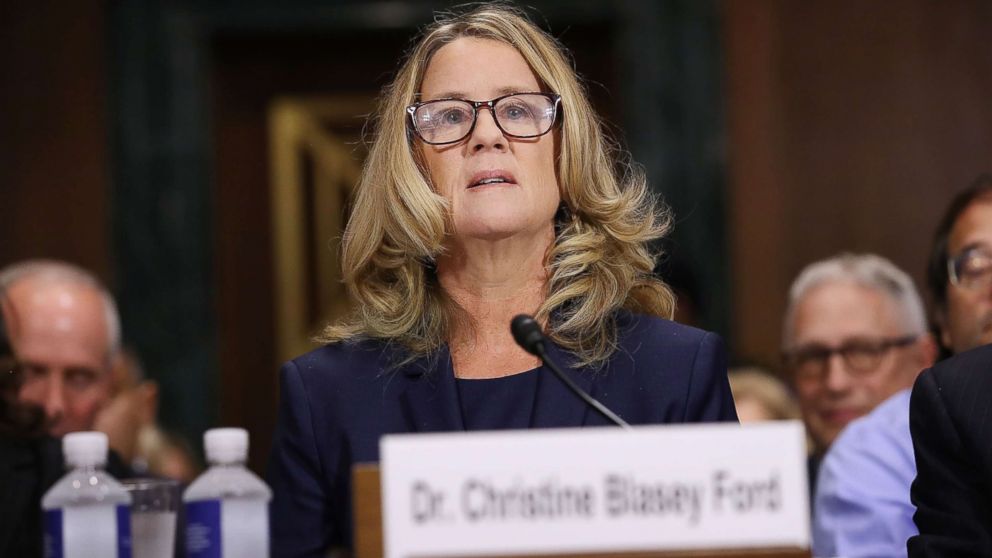
WASHINGTON — As the world’s two largest economies exchange tit-for-tat tariffs, there are growing suggestions that the trade turmoil has spilled over into military relations.
China has canceled friendly engagements with the U.S. Navy, possibly due to the trade dispute.
In an interview with CNBC’s Morgan Brennan, Navy Secretary Richard Spencer, the branch’s top civilian, explained the intricate relationship between the two naval forces.
“When we look at China, it’s a very complex situation to say the least because they are also a great trading power,” Spencer said. “We have a major trading power as a competitor,” he added, noting Beijing’s ambitious military buildup.
Spencer’s comments come on the heels of reports that China’s top naval commander canceled a planned visit this week to meet with his American counterpart and that the U.S. was denied a port visit in Hong Kong for its USS Wasp amphibious ship.
“We were informed that Vice Admiral Shen Jinlong has been recalled to China and will not conduct a visit with Chief of Naval Operations Admiral John Richardson,” Army Lt. Col. Dave Eastburn, a Pentagon spokesman, wrote in an emailed statement to CNBC. “We have no additional information at this time.”
In regards to the port visit denial, Eastburn noted that while the Chinese government did not approve the USS Wasp visit, the U.S. has “a long track record of successful port visits to Hong Kong” and that the Defense Department expects that will continue.
China, the second-largest economy in the world, links its economic security closely to the hotly contested waterways in the South China Sea, since more than 64 percent of its maritime trade transited through the region in 2016. The South China Sea is also a vital trade artery for Vietnam, Japan and South Korea.
Home to more than 200 specks of land, the South China Sea serves as a gateway to global sea routes where approximately $3.4 trillion of trade passes annually.
The numerous overlapping sovereign claims to islands, reefs and rocks — many of which disappear under high tide — have turned the waters into an armed camp. Beijing holds the lion’s share of these features with approximately 27 outposts peppered throughout.
Beijing’s interest in developing the crumbs of land across the South China Sea is by no means new.
For instance, China first took possession of Fiery Cross Reef and Subi Reef in 1988 and has since outfitted the features with deep-water ports, aircraft hangars, communication facilities, administration offices and a 10,000-foot runway.
Earlier this year, China installed anti-ship cruise missiles and surface-to-air missile systems on three outposts in the South China Sea. The new coastal defense systems, coupled with electronic warfare equipment, represent significant additions to Beijing’s military portfolio in one of the most contested regions in the world.
When asked about China’s militarization of the South China Sea, Spencer said the U.S. Navy will “protect the lanes of commerce at all costs.”
“We will ply the internationally agreed upon open spaces of the ocean with our warships at all times to make sure that our commerce and our lanes of communication are open that is something we will always do,” he said. “If China comes and joins the world and recognizes international rules and international law of order, we are going to have a great relationship. If they take this position that they are going to use their laws and their understanding of how they’re going to trade and protect their spaces, we are going to have to have some sort of discussion about this going forward.”
China maintains that its island-building on strategic outposts in the waterway is for nonmilitary functions. Yet the jamming equipment and missile systems appear to serve no other purpose than for military interests.

